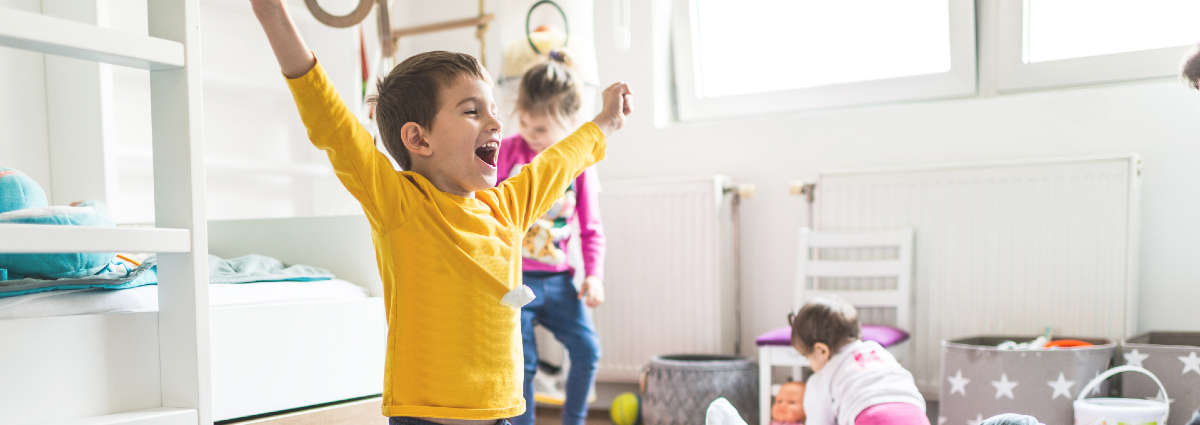How to spot the symptoms of bipolar disorder in children
Bipolar disorder is a complex mental health condition that can affect a child's mood, energy levels and activity levels. Spotting the signs of bipolar disorder in children and teenagers can be challenging, as the symptoms can sometimes be mistaken for normal adolescent behaviour. However, early recognition is the first step in providing support to help a child manage their symptoms and live more comfortably. While it can be difficult to detect, it's important to be aware of the following indicators:
Significant mood changes
Bipolar disorder is characterised by extreme mood swings, with a child going from feeling extremely happy, energetic and productive to feeling sad, hopeless and exhausted in a short space of time.
Increased energy and activity
Children with bipolar disorder may experience episodes of heightened energy, restlessness and increased physical activity. They may also talk quickly and engage in impulsive or reckless behaviour.
Changes in sleeping habits
Bipolar disorder can cause significant changes in sleep patterns, with children struggling to sleep or experiencing insomnia during manic episodes and sleeping excessively during depressive episodes.
Difficulty concentrating
Children with bipolar disorder may have trouble focusing and paying attention, impacting their school performance and daily life.
Irritability and aggression
Children with bipolar disorder may become easily irritated and aggressive, leading to conflicts with family, friends and teachers.
If you think your child may be struggling with bipolar disorder, it's important to seek professional help. We can conduct a full assessment to determine if bipolar disorder is present and develop a tailored treatment plan.
Treatment for bipolar disorder in children usually involves a combination of medication and therapy. Certain medications can help regulate mood swings and prevent manic or depressive episodes. Talking therapy, such as cognitive-behavioural therapy or family-focused therapy, can help children develop coping strategies, improve communication skills and strengthen relationships with loved ones.

